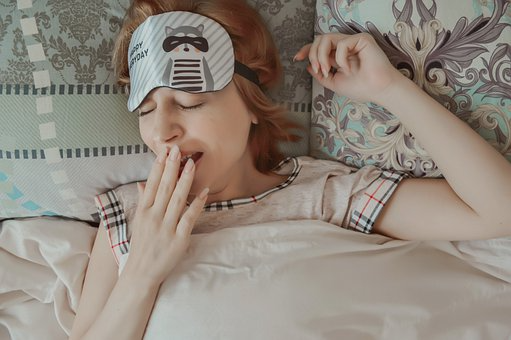
We've all been there. It's 4:00am and you still haven't been to sleep. Or maybe you fell asleep at 9 o'clock and are now wide awake staring at ceiling. There may be some valid reasons you are not getting those eight hours of sleep. But the good news is, that you can start doing something about it. If you're having trouble falling or staying asleep, try these 15 tips to get some zzzz's.
1. Take Sleep Seriously

Sleep can really slow down the aging process. Sure, we need diet and exercise, but sleep removes toxins from our bodies and that helps to prevent Alzheimer's and dementia as well as other neurological diseases.
Prioritizing your sleep will:
- Set you up to be more productive and less cranky in the morning.
- Improves memory and cognition (you know, like when you forget someone's name as you go to introduce them to a friend. Is it just me?)
- Can help with weight loss, (did I get your attention?)
- And so much more...
2. Get to Know Your Body's Sleep Rhythm
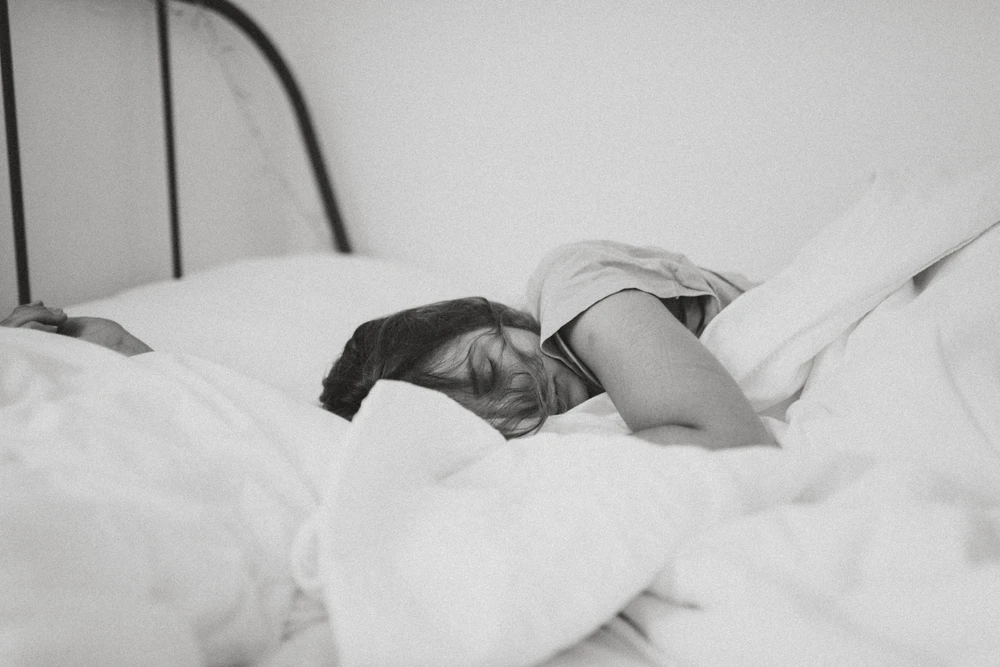
Some of us are early to bed, early to rise, late to bed late to rise, or have more traditional in bed hours. The point is, when are you most productive, and which parts of the day do you have the most energy?
3. Get Some Sun on Your Face

Exposure to the morning sun stimulates chemicals in your body that can help you sleep by stimulating hormones and increase your mood.
If you find it hard to get out in the sun, you can purchase products that have the same effect. like tabletop full spectrum lamps and light therapy glasses.
4. Drink Water

It's been drilled in our heads that 8 glasses of water a day is ideal. However, it's really about drinking half of your body weight in ounces of water. So for a woman who weighs 180 pounds, she should drink 90 ounces of water a day. (There are various opinions on this topic but this suggestion is pretty popular.)
You stay hydrated by drinking water throughout the day and making sure the water is clean. You can purchase a water filter that takes out contaminants to be sure your body is getting the very best. I like the Berkey water filters, and find that when the water tastes better, I drink more!
5. Get Moving!
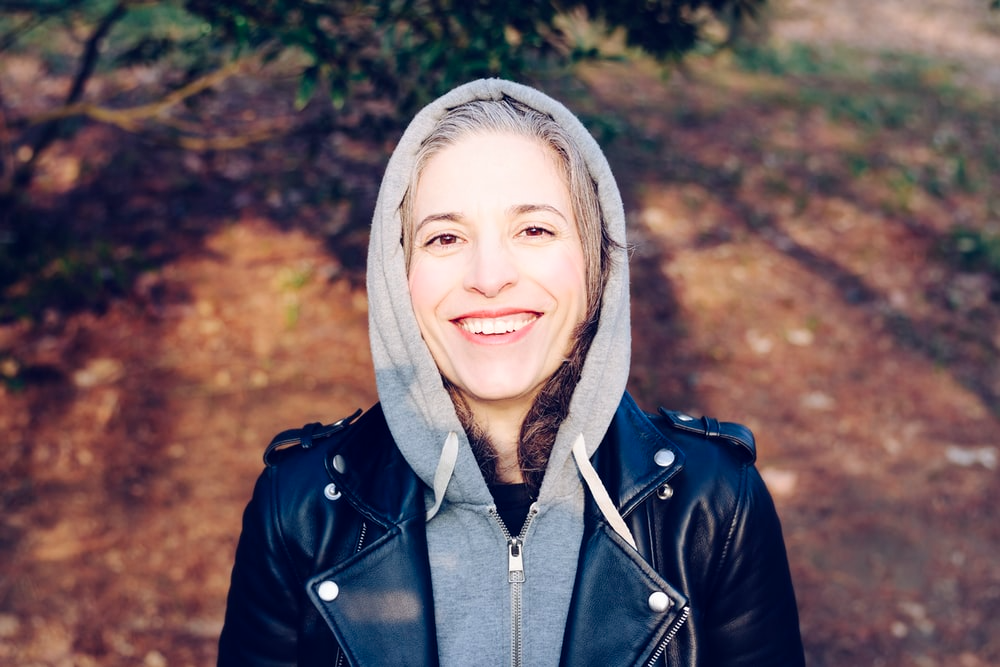
Yes, moving helps us slow down. Being active during the day allows your body to rest better at night. Don't know where to start? Try taking walks or some gentle Yoga, Qigong or Tai Chi as a way to introduce exercise into your daily schedule.
6. Eat Better

Here's a great way to avoid heartburn and indigestion in bed: Don't eat later than 3 hours before bedtime. By that time the contents in your stomach moves to your small intestine. And watch spicy and heavy foods at night, but you know that already, right?
7. Limit Alcohol

Did you know drinking alcohol before bed can disrupt REM sleep? No alcohol please, 4 hours before bedtime. Contrary to popular belief it can also cause sleep disturbance throughout the night.
REM sleep is important for mental and emotional health. And hey you Creatives!!!! REM sleep is an absolute!
And if limiting drinking in any way is a problem for you, time to take a loving look inside and see what's going on.
8. Screen Time & WiFi
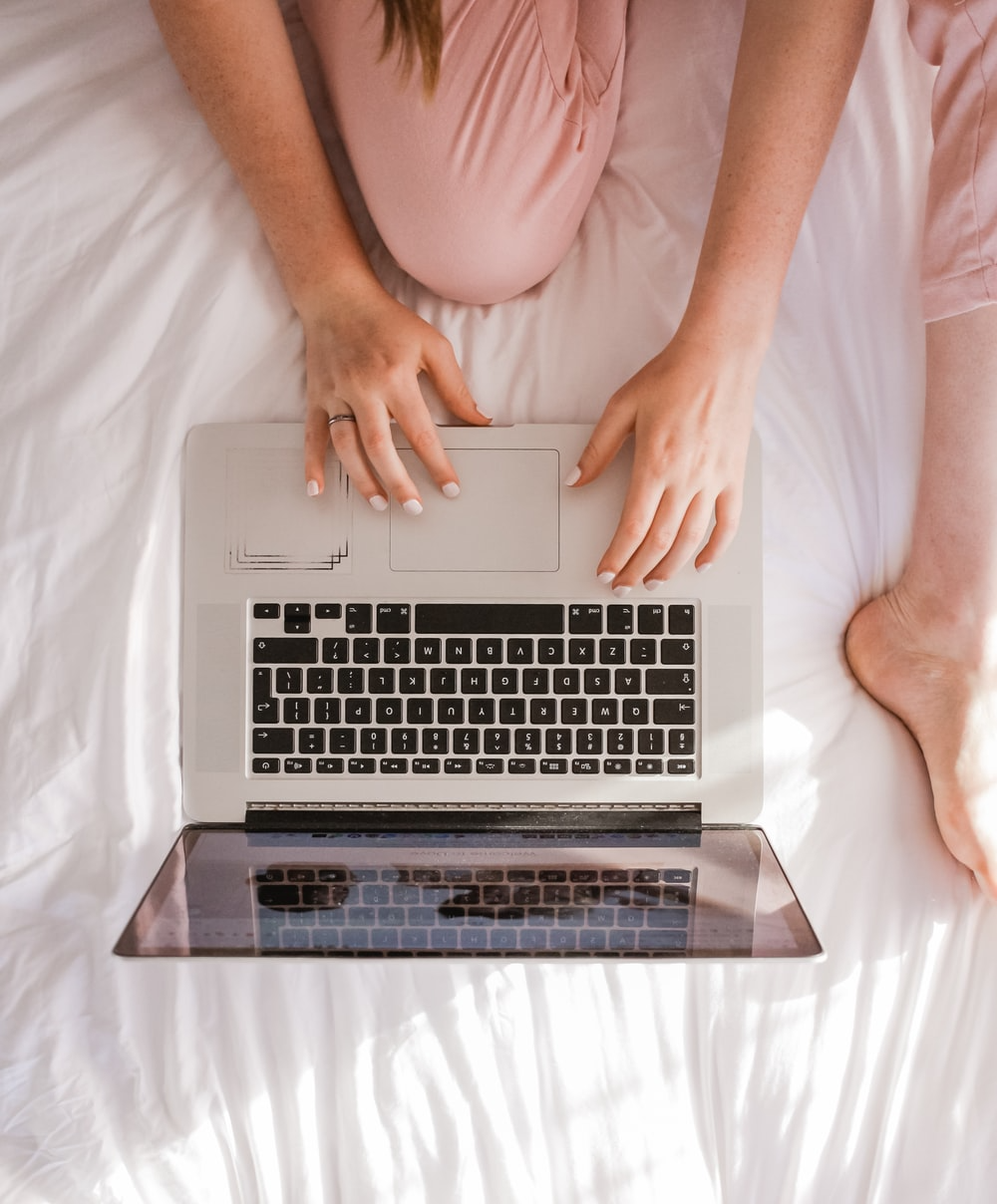
We need our melatonin to kick in at night and cortisol to kick in when it's time to get up. With TV, computer, phone etc. screen time can mess with that as well as blue light from our devices. If you can ( I know you can do it!) turn off devices 90 minutes before bedtime. You can wear blue light blocking glasses in the evening to give you better sleep at night.
Even if you put your phone in the other room and turn off your electronics before bed, your Wi-Fi is still exposing you potential sleep interruptions. Any technology that must remain in your bedroom should be at least eight feet from your head. (I know, I'm working on this one too.)
9. Keep the Lights Low
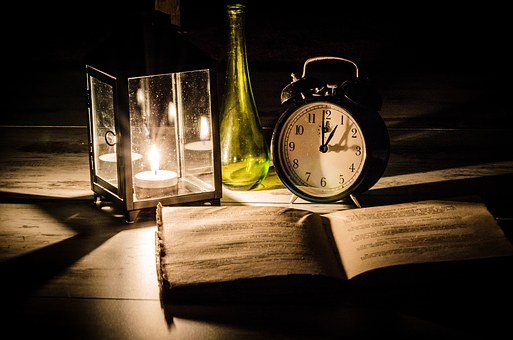
I love this one. Dim your lights in the evening especially a few hours before bed. Talk about getting in the mood....for sleep!
10. Take a Bath
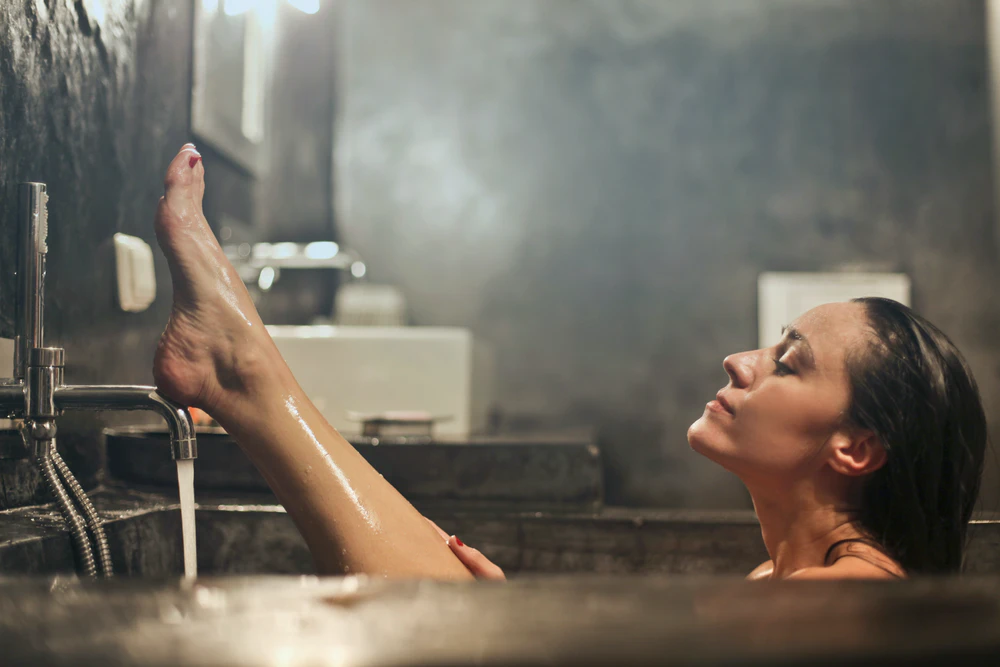
Not only does an evening bath help decrease our core temperature I know...that's counter-intuitive.. making it easier to sleep, but adding some magnesium-containing Epsom salts to the bath will really help you melt into bed. Not a night time bather? Take magnesium in powdered or pill form.
11. Try Melatonin

Yes, it's an age thing. As we age we product less melatonin which regulates the sleep-wake cycle. Up to you but I take a low dose of melatonin and have a few other rituals and it makes a huge difference.
12. Check Your Medications and Supplements

Be sure to consult with your doctor or pharmacist about this one. You may be taking a medication with a stimulating side effect. Or, maybe a supplement you take at night is meant to be taken daytime. No wonder it's been so hard to fall asleep lately! You may be able to switch to taking meds or supplements in the morning, leaving your brain to rest when it's time for bed.
13. Be Consistent

Sleeping takes practice. If you're getting four hours of sleep one day and twelve the next, you'll just confuse your body. Try to get into a sleep pattern that signals it's time for bed. Set an alarm. Stop all work or serious tasks at 8pm and start your nightly routine.
Regardless of if you are still working or retired, don't forget that weekends count as days too. Don't overdo it or you'll be sorry on Monday morning.
14. Breathe
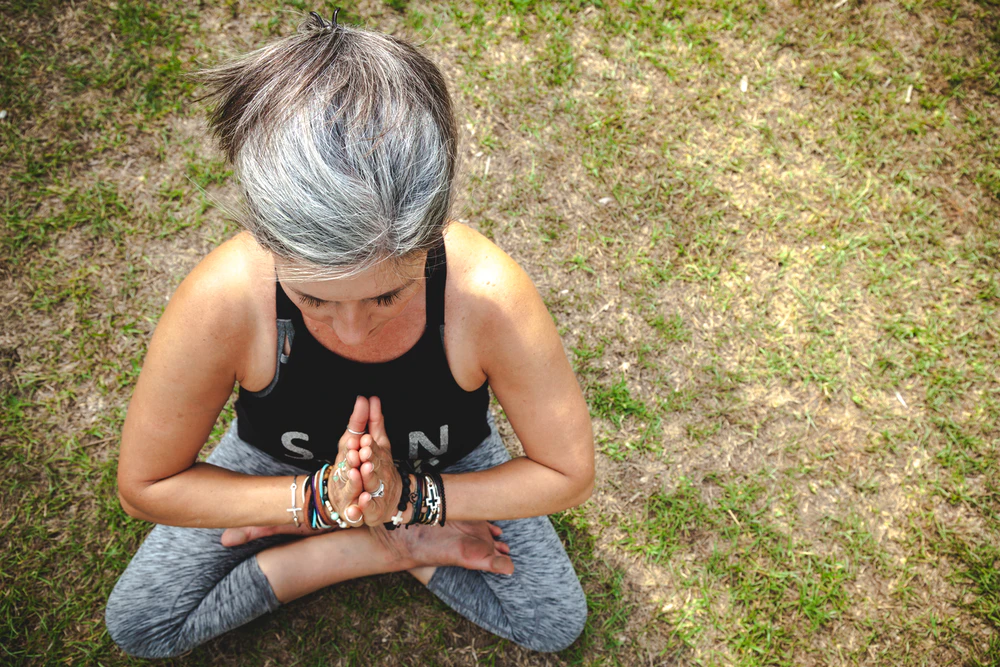
Conscientious and mindful breathing can slow down your heart rate. At the end of a long day, your body is begging to calm down. Help your mind and body wind down with some breathing exercises to ensure you get a good night's sleep.
Make sure you're breathing in clean air. You can invest in an air purifier or find plants that are known to filter the air. Spider plants, snake plants and rubber plants are just a few that will help reduce the toxins in your bedroom.
Dr. Andrew Weil has a great article called "4-7-8 Breath Relaxation Exercise," that can help with sleep. See the end of the article for your free handout!
15. Essential Oils
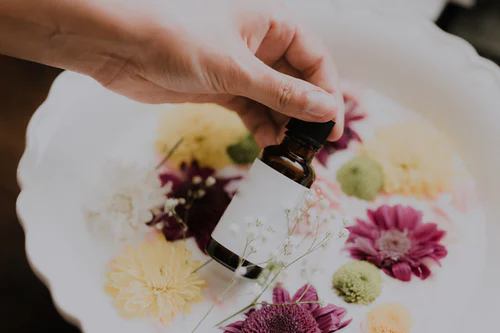
There are some wonderful essential oils that really help with sleep. I personally keep a diffuser next to my bed and add a few essential oils such as lavender and cedarwood to aid with sleep. Smells heavenly too. I also apply valerian and lavender oils to the bottoms of my feet.
There are many more essential oils both single oils and blends than can be beneficial. Please know that the quality of essential oils makes ALL the difference in them being safe and effective.
Want to learn about oils that help you to sleep, click here:
Essential Oils for Sleep
Essential Oils for Sleep
But, if you're not familiar with essential oils or want a little introduction to them click:
Essential Oil Basics
Essential Oil Basics
- Take naps (no more than 20 minutes)
- No caffeine after 2:00 PM (or experiment with when you should stop)
- Don't talk about money, work or other stressors before bed
- Listen to music, create white noise by running a fan, or sleep in silence
- Journal what's on your mind and leave it on paper before you sleep.
Sleep Well My Friend
Don't forget!
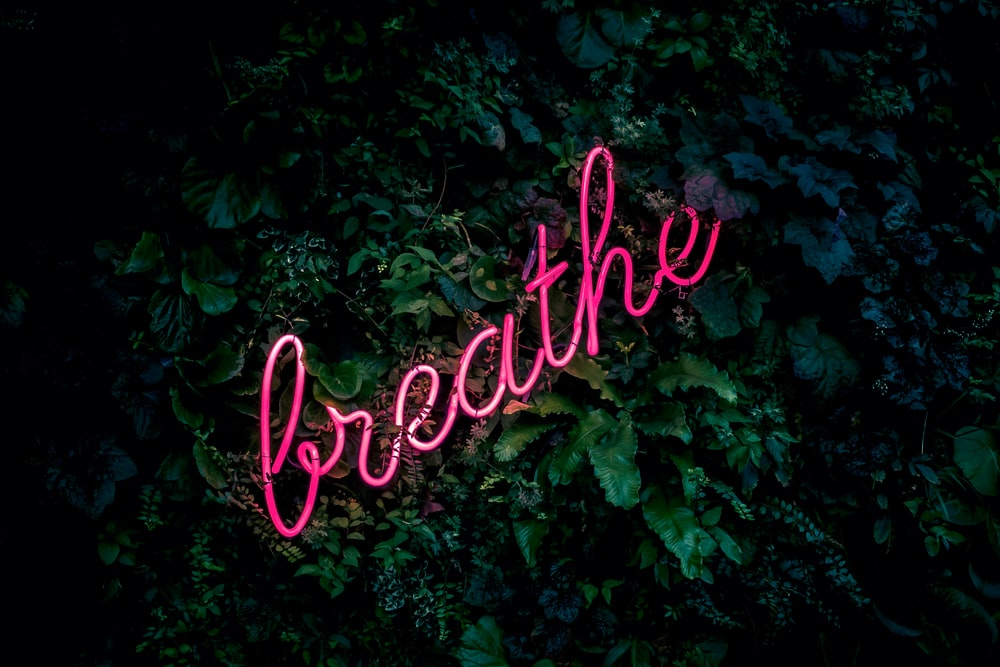


0 Comments